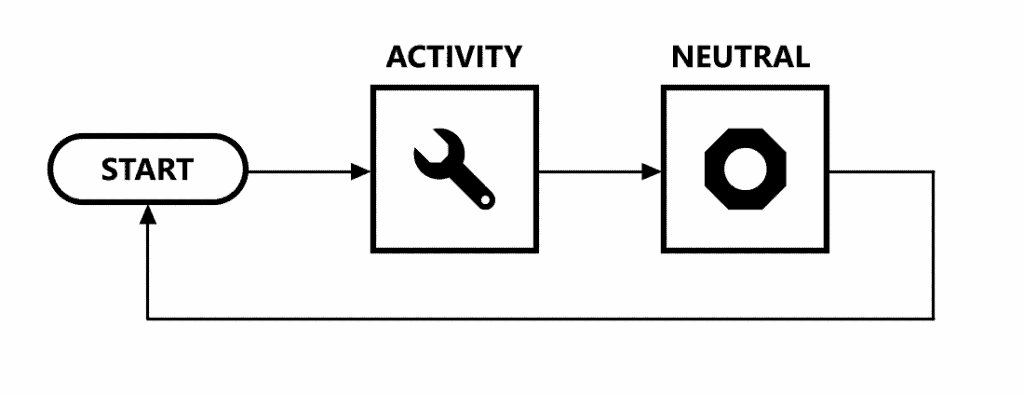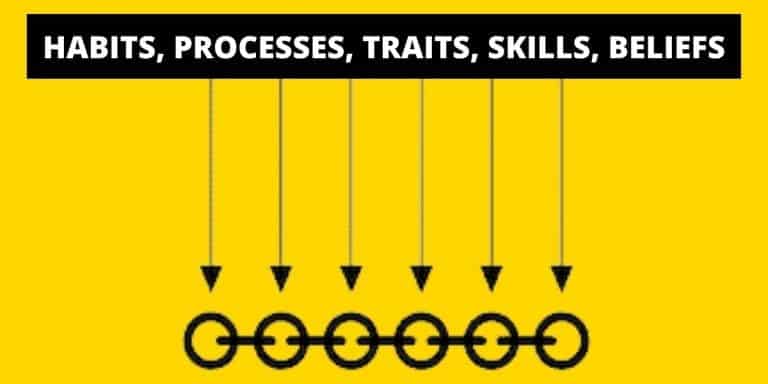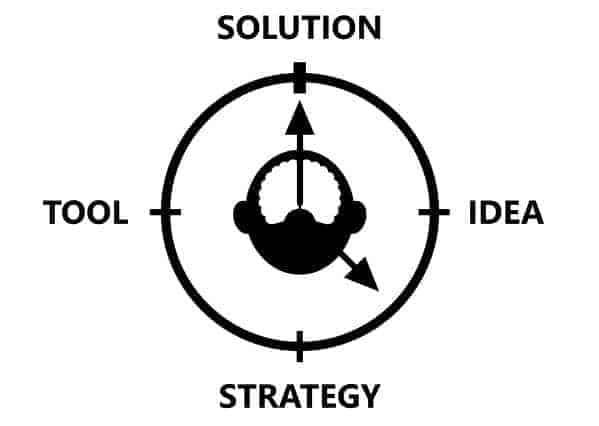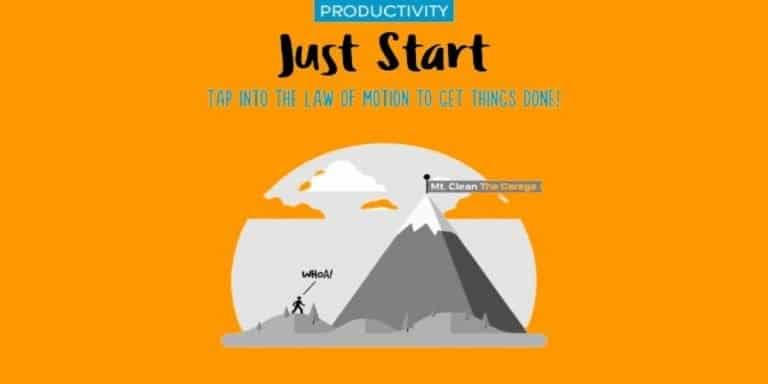Clear To Neutral – How To Set Yourself Up For Success
“A place for everything and everything in its place.” – Unknown
Express It
Speak It
Clear to neutral – Speak what’s below out loud, with enthusiasm, certainty, and belief. Improvise what you say as much as you want (actually, this is preferred). Visualize what you say – see it in your head before the words leave your lips. Brackets contain instructions that explain something specific to do.
What, Why, and How – Clear to Neutral Techniques
- What often slows you down (or even prevents you) from taking action on a task are hurdles (even small ones) that stand in the way of simply starting the task:
- You probably won’t cook a meal at home if you have to clean dishes and the kitchen (hurdles) before you can start cooking
- You probably won’t exercise when you get home from work if you have to search for your shoes and clean your workout clothes (hurdles) before you can start
- You probably won’t pay your bills if you have to find, open, and organize them all, as well as find and balance your checkbook first

- Clearing to neutral means that when you finish a task, you perform a simple routine where you set up your environment for the next time you need to perform that task, so you can begin doing it the next time with little to no friction (see graphic below).
- You set up your environment for next time by cleaning up what needs cleaned and putting things in their place.
- The best time to set up your environment for successfully doing a task next time is while you still have the momentum that comes from doing the task this time! You’re already moving, and you’re clear about what needs to be in place for next time.
- There’s a fantastic sense of freedom that comes from knowing that you’ve set yourself up for success to complete important tasks in your life!
- It requires a lot less time and energy to clear things to neutral than it does to deal with the many consequences that come from putting important things off.
- When you leave your desk at the end of the day – you organize it to get tomorrow’s work done
- When you cook something – you clean up your mess
- When you’re done with your computer – you close all programs
- When you wear it – you wash it or hang it up for next time
- When you empty something – you fill it back up
- When you eat out of something – you wash it
- When you sleep on your bed – you make it







